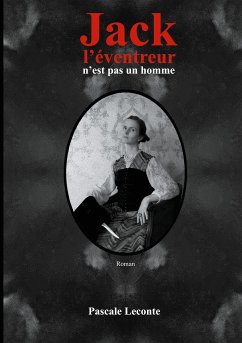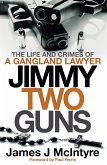For Captain Sorrell, officer and gentleman, safeguarding his son's future is his life's single goal. His son returns this complete devotion, and as he grows to manhood and faces despair and triumph, the memory of his father is always with him...
Dieser Download kann aus rechtlichen Gründen nur mit Rechnungsadresse in A, B, BG, CY, CZ, D, DK, EW, E, FIN, F, GR, H, IRL, I, LT, L, LR, M, NL, PL, P, R, S, SLO, SK ausgeliefert werden.









